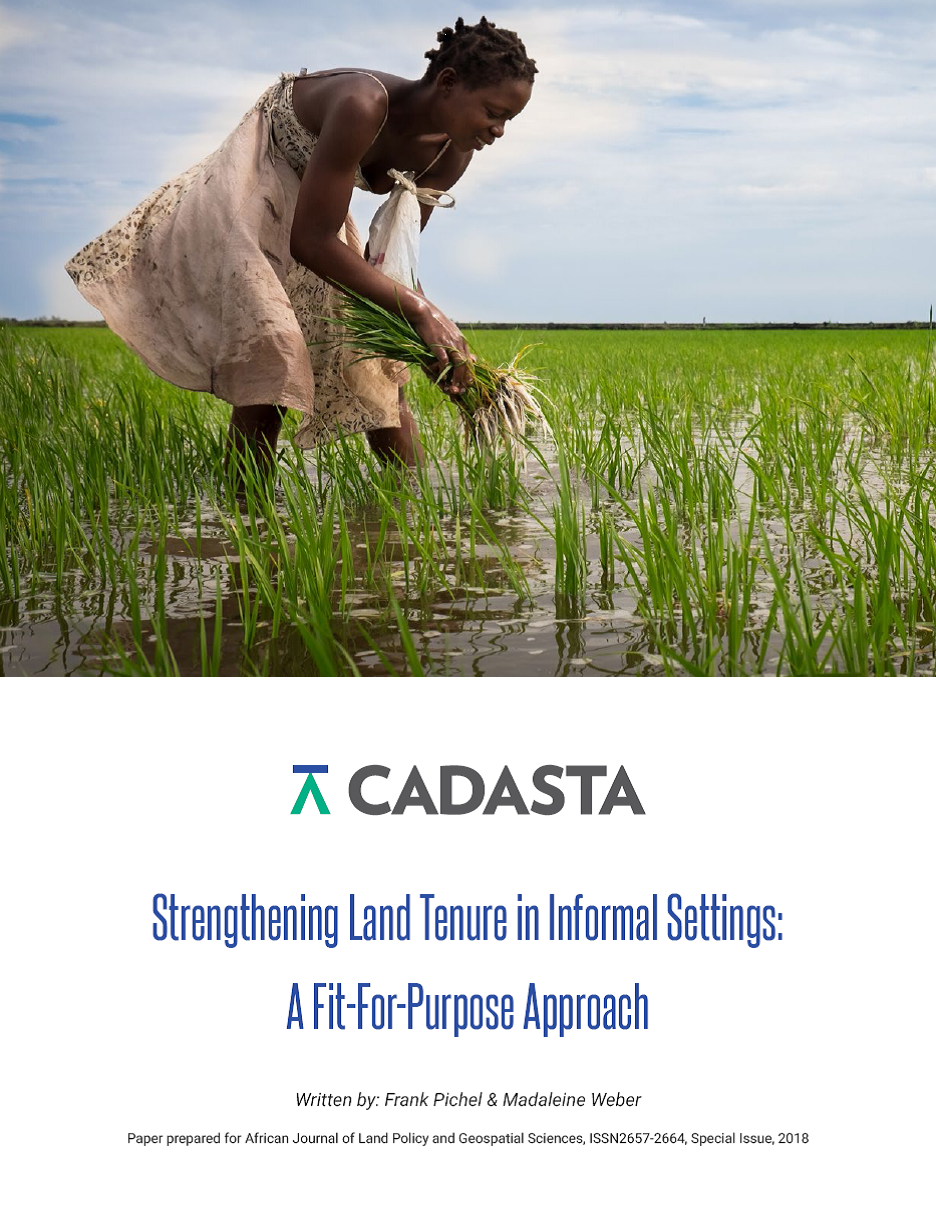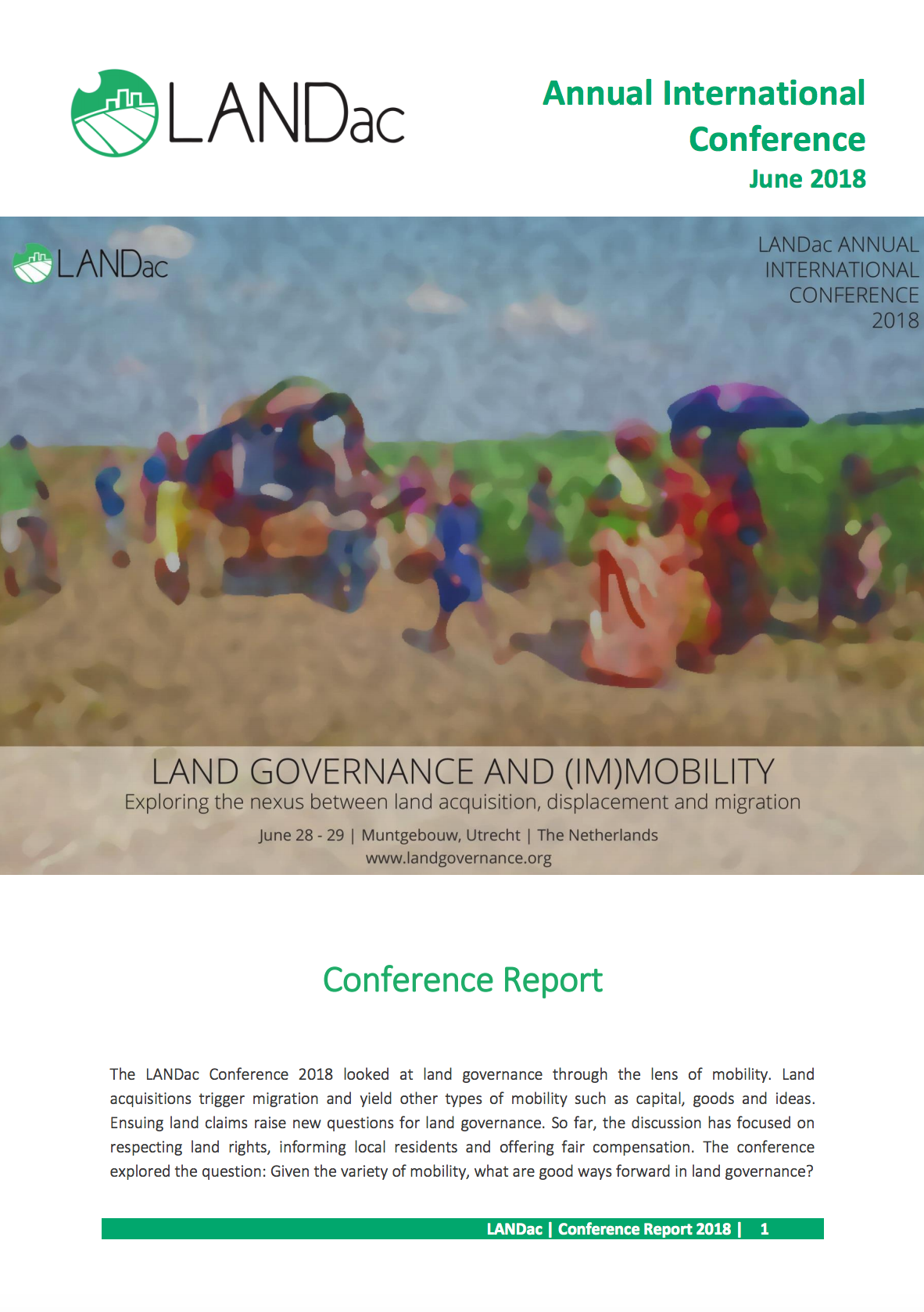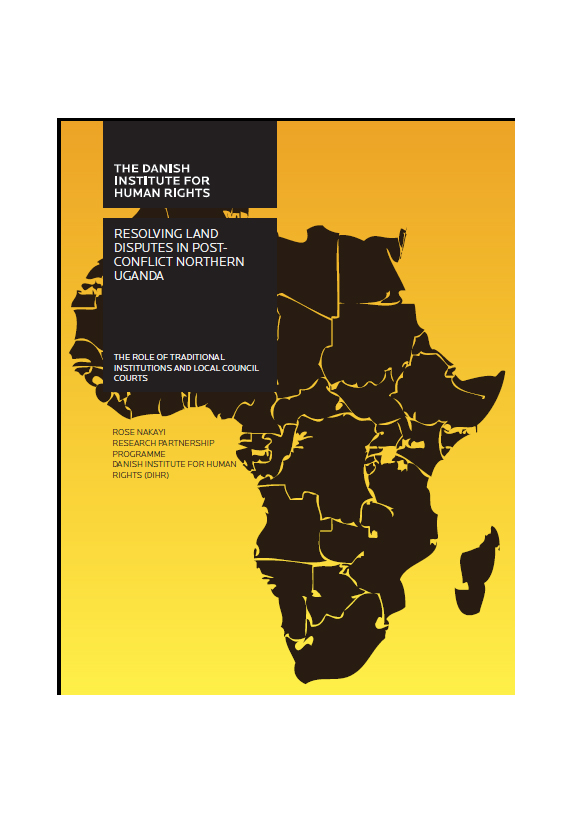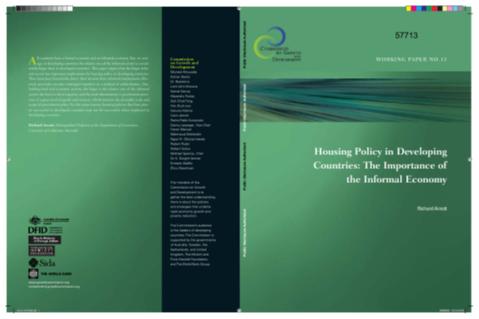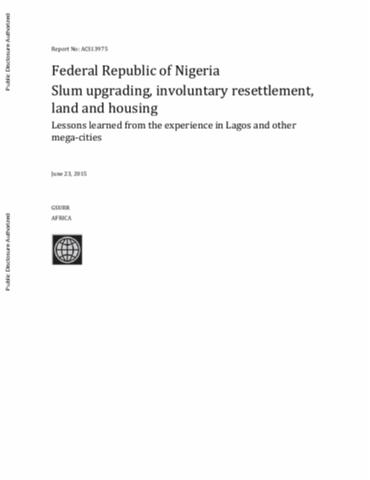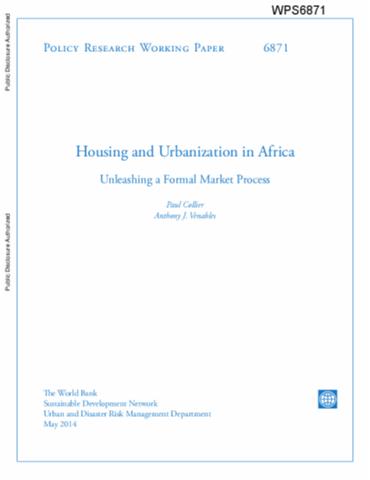Land Market Values, Urban Land Policies, and their Impacts in Urban Centers of Rwanda
Research sought to evaluate the determinants of urban land markets, to analyse trends in urban land markets and values, and to assess impacts of urban land prices and policies. Concludes that if current land policies are not reformed there is a risk of increased negative impacts on the poor and more low-income people will be exposed to displacement to areas away from the urban centres which could cause social instability and an increase of informal settlements in suburbs.


